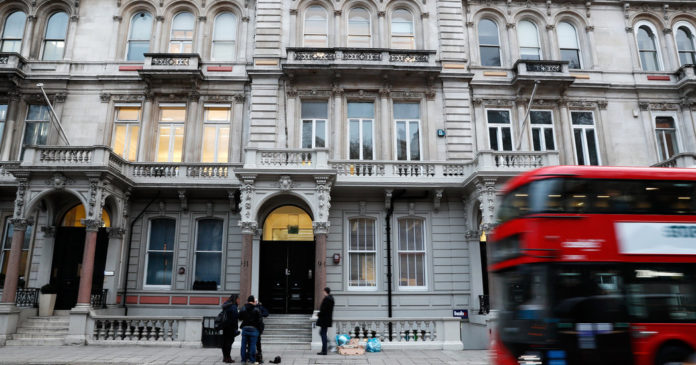Such shocking claims may have seemed more plausible because of the conduct of Mr. Trump and his advisers. He was outspoken in his praise for Mr. Putin and hostile toward NATO. And a dozen associates, including his son Donald Jr., met or corresponded with Russians, including some with suspected intelligence connections, while failing to report the contacts to the F.B.I.
Mr. Trump’s former lawyer Michael D. Cohen negotiated for a Trump Tower project in Moscow many months into the campaign — and later admitted lying about it to Congress, along with tax evasion and other crimes. But Mr. Cohen did not, as the dossier claimed, travel to Prague to conspire in the Russian hacking of Democrats, the Mueller report makes clear.
Similarly, Mr. Page, a foreign policy adviser, was invited to address a prestigious Moscow institute in July 2016 in what seems to have been a calculated Russian attempt to curry favor. But Mr. Mueller, after a two-year investigation involving roughly 40 F.B.I. agents and other specialists, provided no evidence to support the claim that the adviser had collected a brokerage fee for the sale of a share of the Russian oil giant Rosneft. Nor has any evidence emerged to support the dossier’s claims about D.N.C. moles, Romanian hackers, Russian pensioners — or years of Trump-Putin intelligence trading.
Other dossier assertions remain neither proved nor disproved, notably its claim about Mr. Trump’s alleged dalliance with prostitutes. The Mueller report says a Russian businessman texted Mr. Cohen a week before the election to say that he had “stopped the flow of tapes from Russia but not sure if there’s anything else.” The businessman, Giorgi Rtskhiladze, later said he was referring to compromising tapes of Mr. Trump — but had been told they were fake.
The dossier began as part of a conventional opposition research operation by a small Washington firm, Fusion GPS. During the early part of the campaign, Fusion was paid by The Washington Free Beacon, a conservative publication funded by the billionaire Paul Singer, to scrutinize Mr. Trump, with the evident goal of uncovering dirt to help his Republican primary opponents.
After Mr. Trump emerged as the likely nominee, Fusion kept working but turned to a new source of funding: the law firm representing the Clinton campaign, Perkins Coie. Noticing in May 2016 the Trump campaign’s unexpected affinity for Russia, Fusion hired Mr. Steele, a veteran of Britain’s MI6 intelligence agency, to dig deeper. Mr. Steele has told acquaintances that he did not know the ultimate client was the Clinton campaign.
Source : Nytimes














